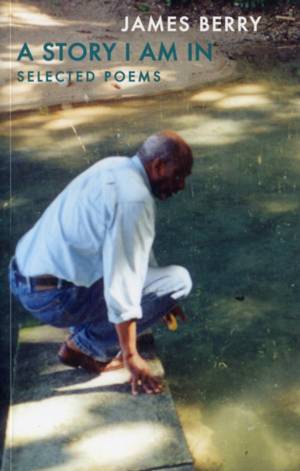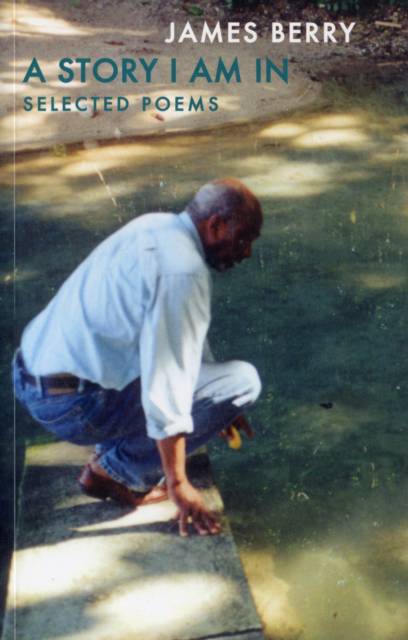
- Afhalen na 1 uur in een winkel met voorraad
- Gratis thuislevering in België vanaf € 30
- Ruim aanbod met 7 miljoen producten
- Afhalen na 1 uur in een winkel met voorraad
- Gratis thuislevering in België vanaf € 30
- Ruim aanbod met 7 miljoen producten
Zoeken
Omschrijving
"A Story I Am In" is not just James Berry's life in poetry but a book of all the lives he has witnessed or been part of - a story of life itself. He came to Britain in 1948, in the first postwar wave of Jamaican emigration, later becoming one of the first black writers in Britain to achieve wider recognition. Poetry mattered to Berry from an early age, exposed to two main languages: the standard English of Bible and prayerbook heard every Sunday at church, with all its rhythms and sounding patterns; and the tunes of everyday Jamaican language, with its sayings and proverbs, its special dialect words with their African connections, its expression of a roots culture. These experiences gave him that strong and particular Caribbean awareness of language which has nourished his poetry over many years. This major retrospective of his work covers five collections published over four decades, plus a selection from four books of poetry for children. Much of his poetry celebrates the divided world of a lifelong outsider. Growing up in Jamaica, Berry felt as much disturbed by his African background as by the European slave-trade and its aftermath. His poetry shows how 'root agonies' made him view Africa as a thoughtless and neglectful mother, how his years in Britain - most of his adult life - left him worried by past, present and future. Now in his mid-80s, he has sought in his later work to give voice to all the people who came on the first ships from the Caribbean, whose journeys held strange echoes of earlier sea voyages from Africa to the slave plantations.
Specificaties
Betrokkenen
- Auteur(s):
- Uitgeverij:
Inhoud
- Aantal bladzijden:
- 208
- Taal:
- Engels
Eigenschappen
- Productcode (EAN):
- 9781852249175
- Verschijningsdatum:
- 24/11/2011
- Uitvoering:
- Paperback
- Formaat:
- Trade paperback (VS)
- Afmetingen:
- 140 mm x 224 mm
- Gewicht:
- 317 g

Alleen bij Standaard Boekhandel
+ 30 punten op je klantenkaart van Standaard Boekhandel
Beoordelingen
We publiceren alleen reviews die voldoen aan de voorwaarden voor reviews. Bekijk onze voorwaarden voor reviews.











